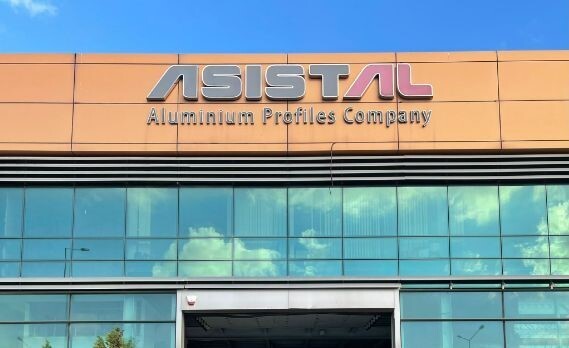In a world increasingly focused on reducing greenhouse gas emissions and transitioning to cleaner energy sources, the aluminium industry stands at a critical juncture.
With aluminium production accounting for approximately 3 per cent of global GHG emissions, the need for sustainable practices and carbon neutrality initiatives has never been more pressing. As the demand for aluminium is projected to surge by up to 40 per cent by 2030, companies and governments are taking proactive steps to address the environmental challenges posed by the industry.
One significant development in the pursuit of carbon neutrality is the European Commission’s decarbonisation deal, aimed at achieving climate neutrality by 2050. With primary aluminium production in Europe facing challenges such as high energy costs, the Commission’s plan outlines a comprehensive strategy to reduce greenhouse gas emissions by 90 per cent by 2040 compared to 1990 levels. This ambitious target necessitates the implementation of existing legislation to reduce emissions by at least 55 per cent by 2030, along with the adoption of carbon capture and storage technologies on a large scale.
Hindalco Industries, a prominent player in the aluminium sector, is also making strides towards sustainability with its Net Zero goals. By aiming to fulfill over 30 per cent of its energy needs from renewable sources by 2030 and achieving carbon neutrality by 2050, Hindalco is setting a strong example for the industry. Through initiatives like the pumped hydro project and carbon capture experiments, the company is not only reducing its carbon footprint but also exploring innovative ways to sequester CO2 and utilize captured carbon in industrial processes.
The commitment of companies like Hindalco and the initiatives outlined by the European Commission signal a shift towards a more sustainable future for the aluminium industry. By embracing renewable energy sources, investing in carbon capture technologies, and setting ambitious emissions reduction targets, stakeholders in the industry are paving the way for a greener, more environmentally conscious approach to aluminium production.
As the world continues to prioritize sustainability and carbon neutrality, collaboration between industry players, governments, and environmental organizations will be crucial in driving meaningful change. By leveraging innovation, technology, and a shared commitment to environmental stewardship, the aluminium industry has the potential to lead the way towards a more sustainable and environmentally friendly future.
In conclusion, the journey towards carbon neutrality in the aluminium industry is complex and challenging, but with concerted efforts and a collective commitment to sustainability, significant progress can be achieved. By implementing key initiatives like those highlighted by the European Commission and Hindalco Industries, the industry is taking important steps towards a more sustainable and environmentally responsible future.
Source: GlassBalkan







